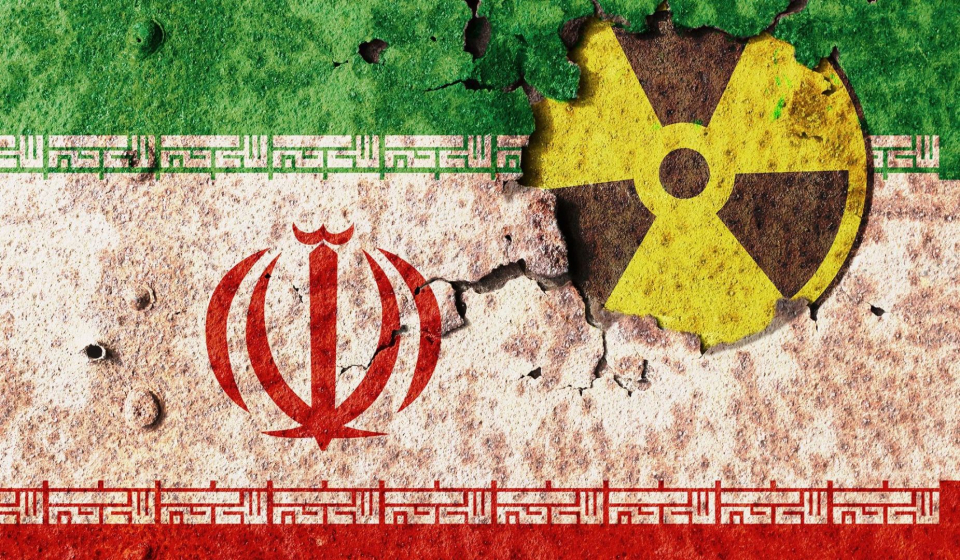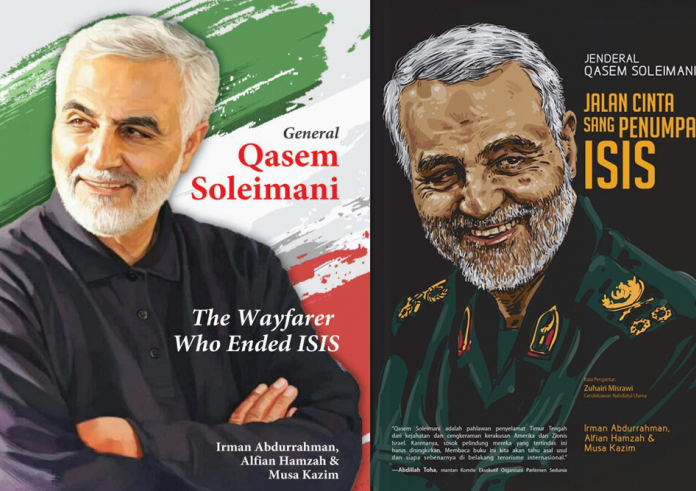An official from Iran's Expediency Discernment Council, Mohammad Sadr, has emphasized the critical need to address issues related to the Joint Comprehensive Plan of Action (JCPOA) and the Financial Action Task Force (FATF), stating that Iran's broader national interests hinge on their resolution, according to Trend reports.
Sadr highlighted the imperative for the Iranian government to take proactive measures to alleviate the sanctions that have severely impacted the country's economy. He stressed that addressing these two key issues is of paramount importance for the well-being of Iran.
Furthermore, Sadr noted that the current government of Iran, which assumed power in August 2021, has recognized the necessity of resolving these issues. Initially, there were reservations within the Iranian government about the JCPOA, with concerns that it favored other parties more than Iran. However, in 2022, the Iranian government decided to reengage in talks concerning its nuclear program and achieved some progress in these discussions.
Sadr pointed out that the Iranian government sought a guarantee from the United States that future U.S. administrations would uphold the JCPOA. Regrettably, the U.S. side rejected this request, leading to an impasse in the negotiations.
The JCPOA was established on January 16, 2016, between Iran and the P5+1 group, which comprises the United States, Russia, China, the United Kingdom, France, and Germany. However, on May 8, 2018, the United States announced its withdrawal from the JCPOA and imposed new sanctions on Iran starting in November 2018.
Iran has been actively exploring avenues to restart negotiations with the other parties involved in its nuclear issue and revive the JCPOA. Iran's primary objectives include the removal of U.S. and Western sanctions, accessing frozen funds held abroad, and resuming its crude oil exports.
While Iran asserts that its nuclear program is exclusively for peaceful purposes, the International Atomic Energy Agency (IAEA) has reported a 27 percent increase in Iran's highly enriched uranium over the last three months, with Iran now possessing 4,745 kilograms of enriched uranium—15 times more than what the JCPOA permits.
The FATF, an international organization, aims to establish standards and promote effective implementation of legal, regulatory, and operational measures to combat money laundering, terrorist financing, and other threats to the integrity of the global financial system.
During a recent FATF meeting, Iran received a warning that it may be categorized as a non-cooperative country within three months if it does not fully comply with the FATF requirements. Iran has fulfilled 37 of the 41 FATF requirements, with the remaining four pertaining to legislative changes.
The Iranian government has prepared amendments to the Counter-Terrorist Financing Act, Anti-Money Laundering Act, Convention against Transnational Organized Crime (Palermo), and International Convention for the Suppression of the Financing of Terrorism (CFT), which were subsequently submitted to the parliament. Although these conventions have been approved and sent to the Expediency Council of Iran, the CFT and Palermo conventions have yet to be ratified by the Council.
The FATF, formed in 1989 on the initiative of the G7 Group, was established to combat money laundering. With 37 member countries, its secretariat is located in Paris.
In the past, Iran was included in the FATF blacklist in 2007, leading to cautious financial and banking transactions with the country. Diplomatic actions against Iran via the FATF were deferred from 2016 onwards. Iran was blacklisted by the FATF again on February 21, 2020.

















